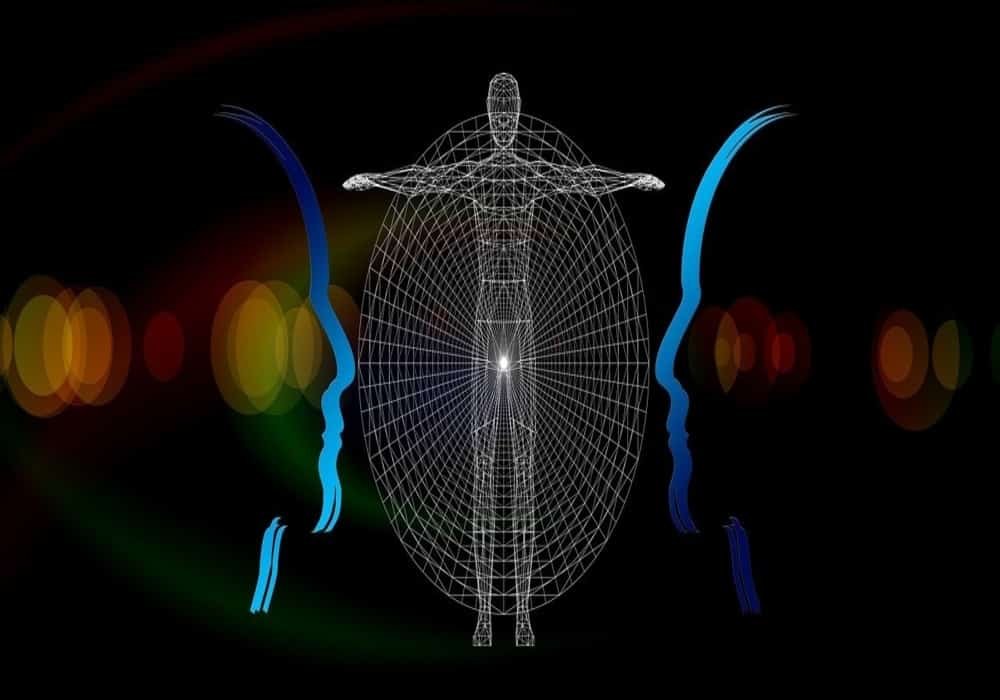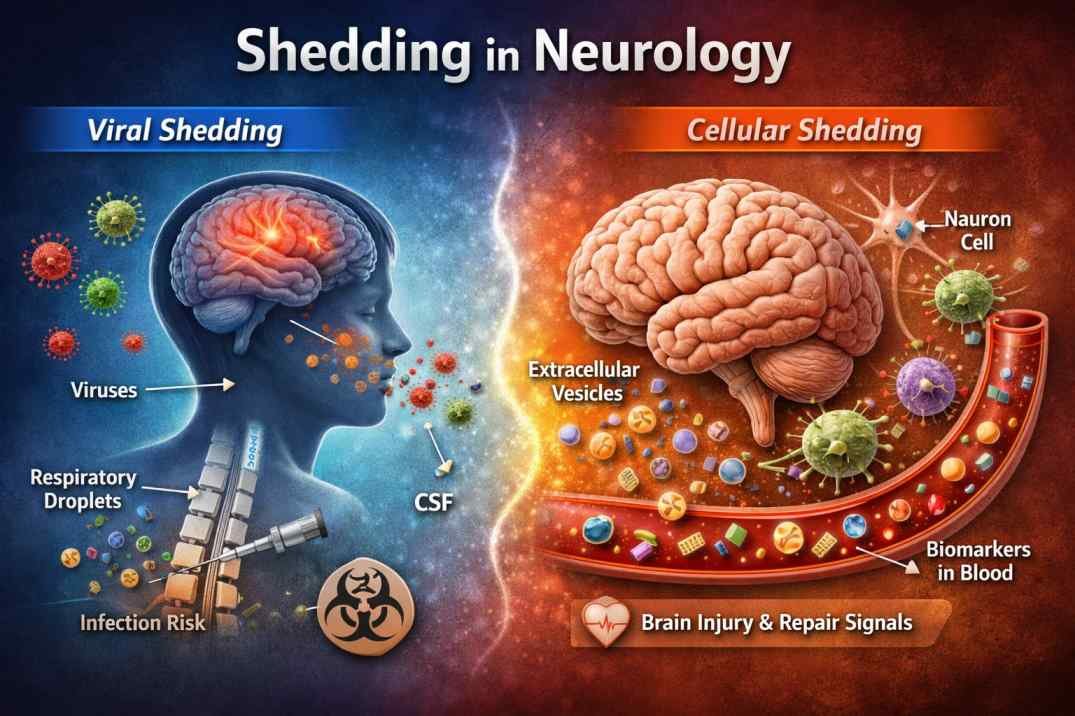Personality Disorders
A common component of personality disorders is the rigidity of personality traits that cause distress and difficulty functioning. A personality trait becomes pathological when it significantly interferes with functioning or makes the person suffer.
What is personality?
Personality is the combination of traits, emotional reactions, attitudes and behaviors that are relatively stable and that differentiate one individual from another. Personality develops from birth through adolescence and early adulthood where it solidifies and becomes stable; This is when personality disorders can appear.
Types of Personality Disorder
The 10 types of personality disorders can be classified into 3 groups (A, B, and C). Within each group, the different types share some essential personality traits, but each disorder has its own distinctive characteristics.
Common features of group A disorders are a strange or eccentric appearance or behavior. It includes the following personality disorders, with their distinctive features:
Paranoid: Distrust and suspicion
People who live with paranoid personality disorder have difficulty trusting others because they are constantly suspicious and interpret the intentions of others as malicious.
Schizoid: Disinterest in other
People who live with schizoid personality disorder have very few emotions and place little interest or importance in social relationships. Thus, they enjoy solitary activities and often live detached and withdrawn from others.
Schizotypal: Weird or eccentric ideas and behaviors
People living with schizotypal personality disorder have quirky and unusual behaviors, thoughts, and ways of expressing themselves. In addition, they are often very uncomfortable in close relationships.
Common features of group B disorders are excessive, emotional, or erratic appearance or behavior. It includes the following personality disorders, with their distinctive features:
Antisocial: Social irresponsibility, contempt for others, deception and manipulation of others for personal gain
People living with antisocial personality disorder look down on and disrespect the rights of others. They often go against social laws and conventions. On the other hand, they can manipulate others and show little remorse.
Borderline: Problems with loneliness (fear of being abandoned), emotional control, and impulsive behavior
People who live with borderline personality disorder often experience a lot of instability in their relationships, the way they see themselves and the emotions they experience. They often act impulsively under the influence of rapidly changing emotion and often engage in self-destructive behaviors (ie, self-harm, drugs, unsafe sex).
Read also: Erotomania mental illness is the delusional certainty of being loved (one sided love)
Histrionic: Attention-seeking and excessive behavior
People who live with Histrionic Personality Disorder seek to gain the attention of others in different ways and are overly emotional.
Narcissist: Fragile self-esteem, need to be admired and exaggerated view of one’s personal worth (megalomania)
People who live with Narcissistic Personality Disorder seek the admiration of others, they have a sense of grandiosity / superiority and often have little empathy for others.
Common features of group C disorders are anxiety or fear. It includes the following personality disorders, with their distinctive features:
Avoidant: Avoid personal relationships for fear of rejection
People who live with avoidant personality disorder are very sensitive to criticism from others. They constantly feel that they are inadequate, inferior or uninteresting. They avoid relationships for fear of not pleasing and being ridiculed.
Dependent: Submission and dependence (by need to be taken care of)
People living with dependent personality disorder need to be taken care of, decisions and responsibilities made for them. They have a submissive attitude, avoid showing their disagreement, and often agree to do things they find unpleasant so as not to lose the other.
Obsessive-compulsive: Perfectionism, rigidity, and stubbornness
People living with have obsessive-compulsive personality disorder are very concerned about order, perfectionism, and control. Their need for mental and relationship control and for rigidity make them inflexible and have little openness. They place more importance on following rules and a precise way of doing things than on task efficiency.
Information: Cleverly Smart is not a substitute for a doctor. Always consult a doctor to treat your health condition.
Sources: PinterPandai, MedlinePlus, Mayo Clinic, Psychiatry



